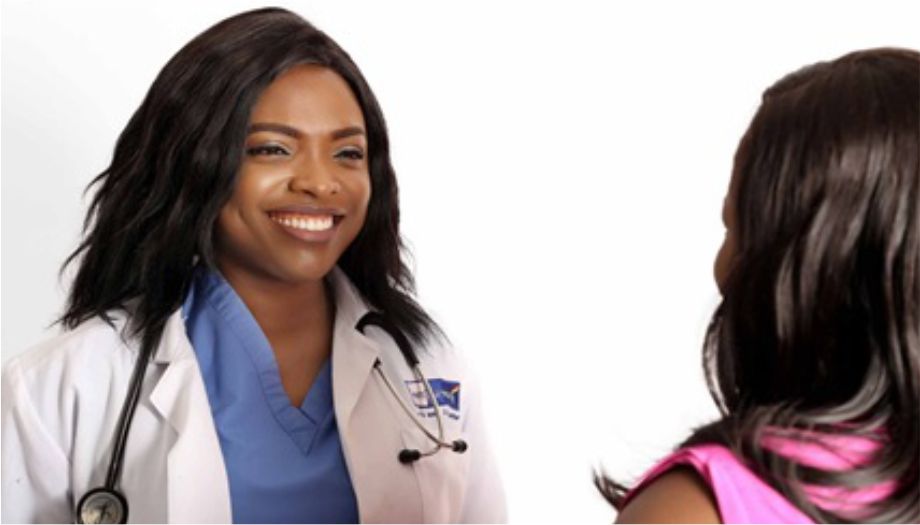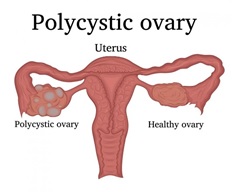
February 4th is World Cancer Day.
World Cancer Day is an international day marked on 4 February to raise awareness of cancer and to encourage its prevention, detection, and treatment. World Cancer Day is an initiative taken by the entire world, to encourage unity in the fight against the global cancer epidemic. Cancer is a global challenge. In 2018, 18 million people world-wide were diagnosed with cancer of various types.
Cancer, What is it?
Cancer is the uncontrolled growth of abnormal cells anywhere in a body. These abnormal cells are termed cancer cells, malignant cells, or tumor cells. These cells can infiltrate normal body tissues. Many cancers and the abnormal cells that compose the cancer tissue are further identified by the name of the tissue that the abnormal cells originated from (for example, breast cancer, lung cancer, colorectal cancer). Frequently, cancer cells can break away from this original mass of cells, travel through the blood and lymph systems, and lodge in other organs where they can again repeat the uncontrolled growth cycle. This process of cancer cells leaving an area and growing in another body area is termed metastatic spread or metastasis. The three most common cancers in men, women, and children are as follows:
Men: Prostate, lung, and colorectal
Women: Breast, lung, and colorectal
Children: Leukemia, brain tumors and lymphoma
Types of Cancer
Cancers are named after the area in which they begin and the type of cell they are made of, even if they spread to other parts of the body. For example, a cancer that begins in the lungs and spreads to the liver is still called a primary lung cancer. There are also several clinical terms used for certain types of cancer.
Risk Factors and Causes
The direct cause of cancer is changes (or mutations) to the DNA in your cells. Genetic mutations can be inherited. They can also occur after birth as a result of environmental factors which include:
Age: Cancer can take decades to develop that’s why most people diagnosed with cancer are 65 or older. While it’s more common in older adults, cancer isn’t exclusively an adult disease. cancer can be diagnosed at any age.
Exposure to cancer-causing chemicals, called carcinogens
Exposure to radiation
Unprotected exposure to the sun
Health conditions
Family history: A portion of cancers are due to an inherited condition. If cancer is common in your family, it’s possible that mutations are being passed from one generation to the next. You might be a candidate for genetic testing to see whether you have inherited mutations that might increase your risk of certain cancers. Keep in mind that having an inherited genetic mutation doesn’t necessarily mean you’ll get cancer.
Certain viruses, such as human papilloma virus (HPV)
Smoking
Lifestyle choices such as type of diet and level of physical activity
Some existing health conditions that cause inflammation may also increase your risk of cancer. An example is ulcerative colitis, a chronic inflammatory bowel disease.
Environment: The environment around you may contain harmful chemicals that can increase your risk of cancer. Even if you don’t smoke, you might inhale secondhand smoke if you go where people are smoking or if you live with someone who smokes. Chemicals in your home or workplace, such as asbestos and benzene, also are associated with an increased risk of cancer.
Cancer Symptoms and Signs
There are more than 100 different types of cancer. Every cancer and every individual is unique. Cancer symptoms and signs depend on the size and location of the cancer as well as the presence or absence of metastasis.
Symptoms and signs of cancer may include:
- Fever
- Pain
- Fatigue
- Skin changes (redness, sores that won’t heal, jaundice, darkening)
- Unintended weight loss or weight gain
Other more obvious signs of cancer may include:
* Lumps or tumors (mass)
* Difficulty swallowing
* Changes or difficulties with bowel or bladder function
* Persistent cough or hoarseness
* Short of breath
* Chest pain
* Unexplained bleeding or discharge

Is it possible to prevent cancer?
Between 30% and 50% of cancer deaths could be prevented by modifying or avoiding key risk factors. The cancer burden can also be reduced through early detection of cancer and management of
patients who develop cancer. Prevention also offers the most cost-effective longterm strategy for the control of cancer. Modifying or avoiding the following key risk factors can help prevent cancer:
* Stop smoking. If you smoke, quit. If you don’t smoke, don’t start. Smoking is linked to several types of cancer — not just lung cancer. Stopping now will reduce your risk of cancer in the future.
* Maintain a healthy weight. Being overweight or obese may increase your risk of cancer. Work to achieve and maintain a healthy weight through a combination of a healthy diet and regular exercise.
* Limit your intake of processed meats
* Exercise regularly, Aim for at least 30 minutes of exercise most days of the week. If you haven’t been exercising regularly, start out slowly and work your way up to 30 minutes or longer.
* Limit alcohol use
* Practice safe sex
* Get vaccinated against hepatitis B and human papillomavirus (HPV)
* Reduce exposure to ultraviolet radiation
* Prevent unnecessary ionizing radiation exposure (e.g. minimize occupational exposure, ensure safe and appropriate medical use of radiation in diagnosis and treatment)
* Avoid urban air pollution and indoor smoke from household use of solid fuels
* Get regular medical care
* Avoid excessive sun exposure. Harmful ultraviolet (UV) rays from the sun can increase your risk of skin cancer. Limit your sun exposure by staying in the shade, wearing protective clothing or applying sunscreen.
* Schedule cancer screening exams. Talk to your doctor about what types of cancer screening exams are best for you based on your risk factors.
* Ask your doctor about immunizations. Certain viruses increase your risk of cancer. Immunizations may help prevent those viruses, including hepatitis B, which increases the risk of liver cancer, and human papillomavirus (HPV), which increases the risk of cervical cancer and other cancers. Ask
your doctor whether immunization against these viruses is appropriate for you.
What specialists treat cancer?
A doctor who specializes in the treatment of cancer is called an Oncologist. This discipline has other subspecialties such as surgery, medical oncologist, radiation therapist etc.
Diagnosing Cancer
The most common test and procedures used to diagnose cancer include:
Mammogram
Pap Test
Tumor Marker Test
Bone Scan
MRI and other imaging modalities
Tissue Biopsy
PET-CT Scan
What Are Treatment Options?
The treatment is highly variable depending on the type and stage of a cancer as well as the overall health of the patient. The most common treatments are surgery, radiation, and chemotherapy. Other treatments include targeted/biological therapies, hematopoietic stem cell transplants, angiogenesis inhibitors, cryosurgery, and photodynamic therapy.
Every treatment has potential risks, benefits, and side effects. The patient and his or her care team, which may include an internist or other specialist, surgeon, oncologist, radiation oncologist, and others, will help determine the best and most appropriate course of treatment.
Is There a Cure for Cancer?
Despite enormous effort and funding, no one cure has been found yet to eliminate cancer.
Until a cure can be found, prevention through a healthy lifestyle is the best way to stop cancer. Some ways to help protect yourself from cancer include eating plenty of fruits and vegetables, maintaining a healthy weight, abstaining from tobacco, drinking only in moderation, exercising, avoiding sun damage, getting immunizations, and getting regular health screenings.
We are here to help!
If you have health concerns that could be a sign or symptom of cancer or another serious illness, do not wait to see your doctor. Finding cancer early is critically important. When cancer is found and treated early, the chances of successful treatment are better.
